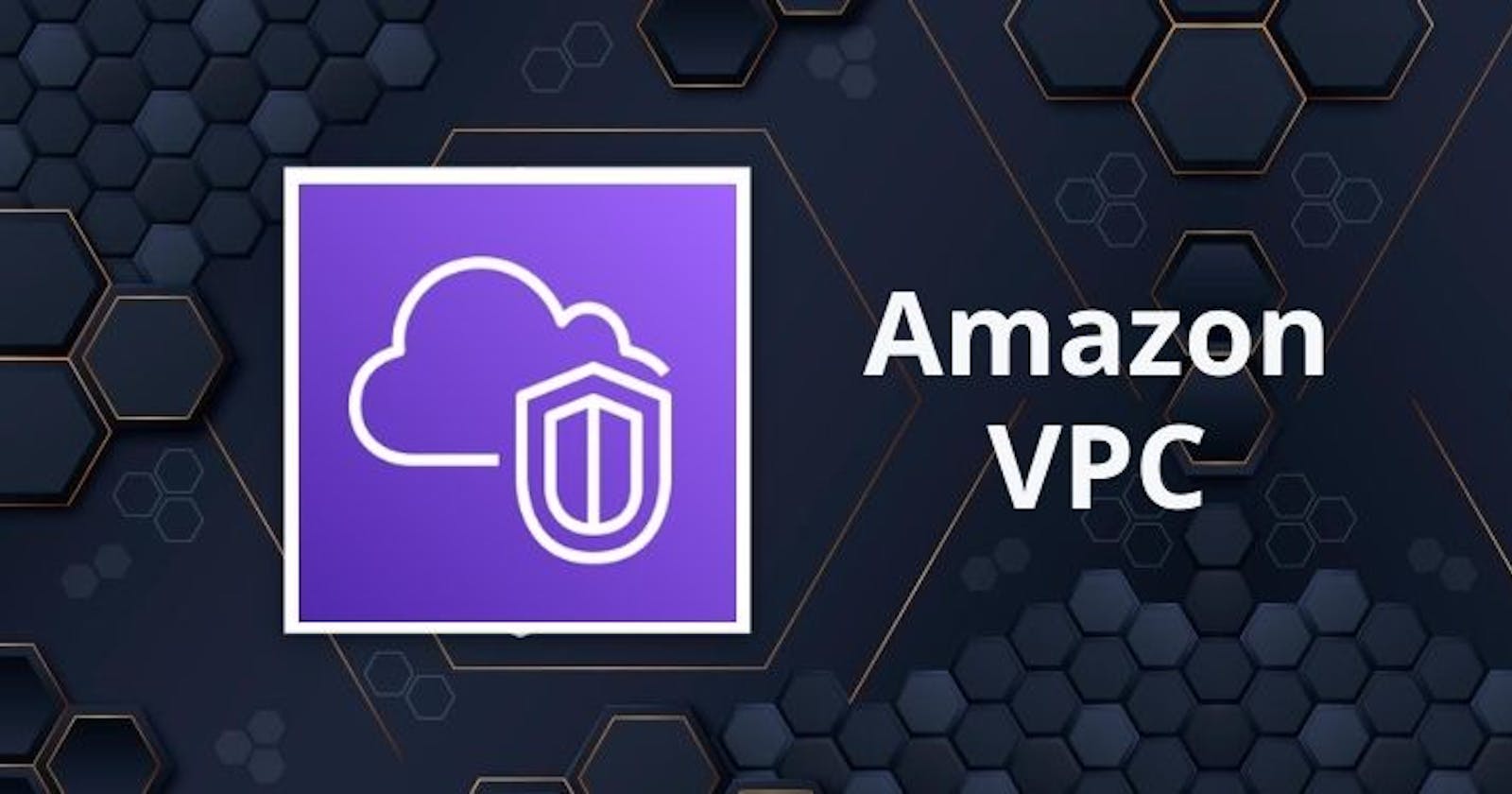In the realm of cloud computing, Amazon Web Services (AWS) offers a powerful tool known as Amazon Virtual Private Cloud (VPC). 🌐 This technology allows users to create their own private cloud network within the vast infrastructure of AWS, providing control and security akin to an on-premises data center.
What is Amazon VPC?
Amazon VPC is a virtual network service provided by AWS.
It enables users to launch AWS resources in a virtual network that they define.
Key Features of Amazon VPC
Customizable Networking: Users can define their own IP address range, subnets, and route tables.
Isolation and Security: VPC provides network isolation and allows users to control access to resources using security groups and network access control lists (ACLs).
Connectivity Options: VPC supports various connectivity options, including VPN connections, AWS Direct Connect, and VPC peering.
Scalability: VPC allows users to scale their infrastructure as needed, accommodating growing workloads and traffic.
Getting Started with Amazon VPC
Create a VPC: Define the IP address range for your VPC and create subnets within it.
Set up Security: Configure security groups and network ACLs to control inbound and outbound traffic.
Connectivity: Establish connections to other networks using VPN connections, Direct Connect, or VPC peering.
Launch Resources: Start launching AWS resources such as EC2 instances, RDS databases, and Elastic Load Balancers within your VPC.
Benefits of Using Amazon VPC
Enhanced Security: VPC provides a secure environment for your resources, isolating them from the public internet.
Customization: Users have full control over the network configuration, allowing them to tailor it to their specific requirements.
Integration with AWS Services: VPC seamlessly integrates with other AWS services, enabling a wide range of use cases such as hosting websites, running applications, and storing data securely.
Use Cases of Amazon VPC
Hosting Web Applications: Deploy web applications in a secure VPC environment with controlled access.
Data Analytics: Run data analytics workloads within a VPC, ensuring data security and compliance.
Hybrid Cloud Deployments: Connect on-premises data centers to AWS using VPN or Direct Connect, extending the existing network infrastructure to the cloud.
Best Practices for Amazon VPC
Proper Planning: Plan your VPC architecture carefully, considering factors such as IP address range, subnet design, and security requirements.
Security: Implement least privilege security principles by restricting access to resources based on the principle of least privilege.
Monitoring and Logging: Use AWS CloudWatch and VPC Flow Logs to monitor and analyze network traffic within your VPC.
Conclusion
Amazon Virtual Private Cloud (VPC) is a powerful service that empowers users to create their own isolated virtual networks within the AWS cloud. With customizable networking, robust security features, and seamless integration with other AWS services, VPC provides the foundation for building secure and scalable cloud environments.
FAQs (Frequently Asked Questions)
What is the difference between a public subnet and a private subnet in Amazon VPC?
Can I modify the IP address range of an existing VPC?
How does VPC peering work in Amazon VPC?
Is it possible to connect multiple VPCs together?
What are the advantages of using AWS Direct Connect with Amazon VPC?
